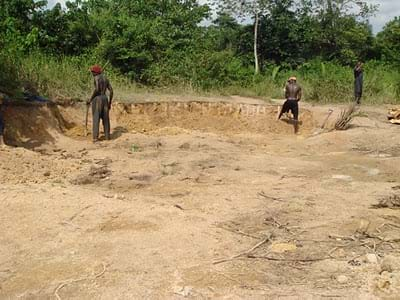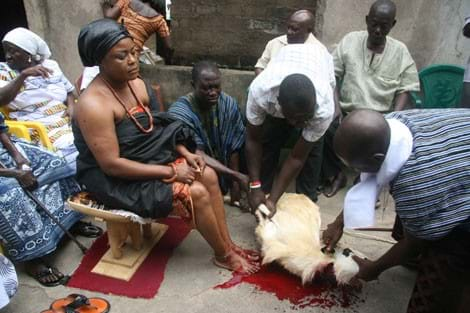The British army suffered defeat in Iraq when it pulled out of Basra, a senior American general has claimed.
UK forces left the city in 2007, leaving the people to be "terrorised", Gen Jack Keane, a key adviser to the White House told the BBC.
Former Prime Minister Gordon Brown described the withdrawal at the time as "a pre-planned and organised move".
The former UK commander in southern Iraq said his actions were constrained by political considerations.
"I think it was a huge mistake to pull out of Basra and to go out to the airfield and to leave the people of Basra to be subjected to the Iranian surrogates who brutalised them, intimidated them, terrorised them," Gen Keane told the BBC Two series Secret Iraq.
Although retired, the general was instrumental in persuading President Bush to send more troops to Iraq in 2007 in what was known as the Surge.
Another US officer who worked directly for the US commander in Iraq at the time also described Britain's withdrawal as a defeat.
"I don't know that you could see the British withdrawal from Basra in 2007 in any light other than a defeat," says Col Peter Mansoor, who was executive officer to Gen David Petraeus, the US commander in Iraq.
[b]Political problem[/b]
Following the initial invasion in 2003, the city of Basra suffered far less violence than Baghdad and central Iraq. But from 2006 the rebellion spread to the south and attacks on British forces increased.
At the height of the violence in 2007, British troops were coming under daily attack, from roadside bombs and rockets fired at their base.
Gen Jonathan Shaw negotiated the withdrawal with the local Shia militia leader in Basra
The British commander in southern Iraq, Gen Jonathan Shaw, says his actions were constrained by political considerations in London.
"I think the biggest problem was the political problem. There was America surging. There was Britain reducing force levels.
"Our political leaderships were moving in different directions and that was extremely awkward.
"I wouldn't claim it was our finest hour, but I would say it was as good a play of a hand as we could have, given the circumstances at the time," said Gen Shaw, in his first on-the-record interview about the withdrawal.
He confirmed holding secret negotiations with the local Shia militia leader in Basra, which effectively handed over control of the city to the militias, in exchange for the safe passage of British troops from the centre of the city to the air base.
"You play the cards you get at the time. We knew we had to somehow get out. How would it have looked if we had pulled out of Basra in something that looked like the Alamo?
"There's an awful lot in war and in these political conflicts, which doesn't come out of the cricket rulebook."
In the last three months of 2007, after the British pulled out of the centre of Basra, 45 women were killed by the militia for "un-Islamic" behaviour.
"They started killing unveiled women," one long-term Basra resident recalled.
"I had to buy an AK-47 for personal protection. They started killing people who sell alcoholic drinks and barbers who shave beards."
The British withdrawal came as the Americans were increasing their deployment.
"The Americans decided to win. We decided to leave," says retired senior British Gen Rob Fry.
Speaking of the current situation in Iraq, Gen David Petraeus dismisses all talk of victory: "Only history can render that verdict and, I think it would be premature to declare victory or success."
Source: BBC








